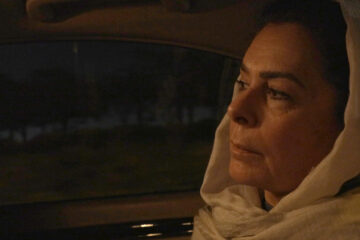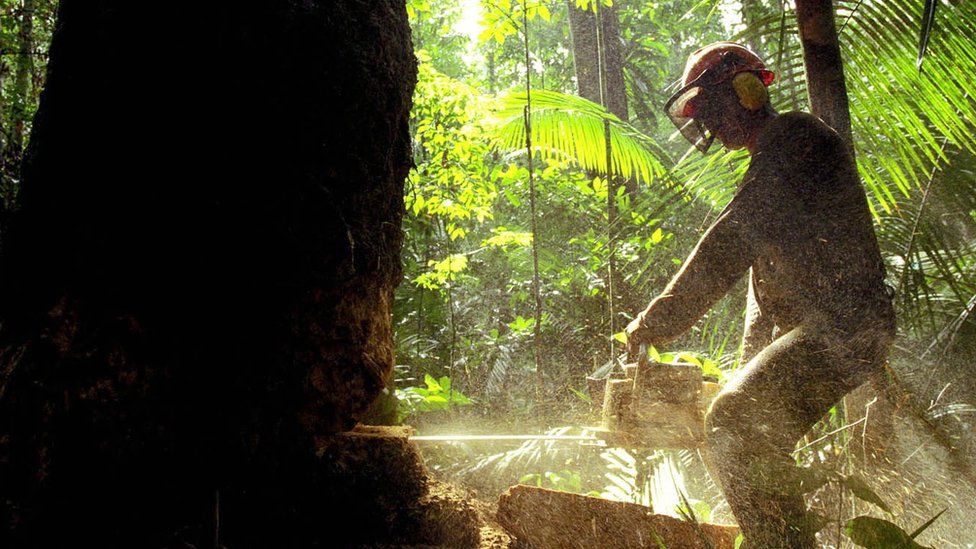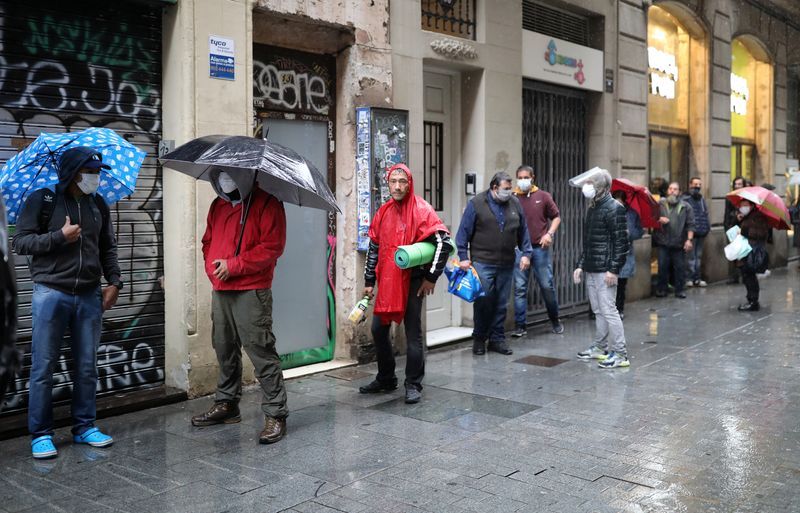Life On The Line: Can Humanity Survive?
By Robert J. Burrowes
As we approach the International Day of Nonviolence on 2 October, which recognizes Mahatma Gandhi’s birthday, one challenge we face is to celebrate his life in a way that Gandhi himself would have found meaningful. Gandhi was not a man of token gestures. His life was dedicated to his search for the Truth and guided by his passionate belief that nonviolence was the means to reach it. He was a visionary who was profoundly aware of the damage human violence is doing to ourselves, each other and the Earth.
Despite his example, most of us are familiar with those horror lists that reveal the extent of our ongoing violence. Here is a sample just to refresh your memory.
Human beings spend $US2,000,000,000 each day on military violence, the sole purpose of which is to terrorise and kill fellow human beings. And we are poised on the brink of dramatically expanding the war against Syria with unknown (and possibly nuclear) consequences for us all. Because we spend so many resources on military violence, one human being in Africa, Asia or Central/South America is starved to death every two or three seconds – that is 35,000 people each day – and poverty and homelessness continue their relentless expansion in industrialised countries. In addition to this problem, ‘water starvation’ is becoming a frequent reality for many people and the collapse of hydrological systems is now expected by 2020. Human activity drives 200 species of life (birds, animals, fish, insects) to extinction each day and 80% of the world’s forests and over 90% of the large fish in the ocean are already gone.
As polluters, humans are supreme: Eighty-one tons of mercury – the most toxic heavy metal in existence – is emitted into the atmosphere each year as a result of electric power generation, there are 46,000 pieces of floating plastic in every square mile of ocean and each year we dump billions of kilograms of pesticides into the environment which pollutes the groundwater and seriously damages human health. Moreover, as everyone knows, we pump vast quantities of carbon dioxide into the atmosphere and release radioactive contaminants into the environment too. How serious is this? According to James Hansen and colleagues, ongoing burning of fossil fuels at the current rate will cause catastrophic levels of global warming and burning all fossil fuels ‘would make most of the planet uninhabitable by humans’. (See ‘Climate sensitivity, sea level and atmospheric carbon
dioxide‘)
And, according to Layne Hartsell and Emanuel Pastreich, commenting on just one aspect of the radioactive contamination problem, ‘Radiation continues to leak from the crippled Fukushima Daiichi site into groundwater, threatening to contaminate the entire Pacific Ocean.’ (See ‘Peer-to-Peer Science: The Century-Long Challenge to Respond to Fukushima‘)
Can humanity survive? The odds are now stacked heavily against us: despite the persistent warnings of visionaries, such as Gandhi, and scientists since the 1940s, we have breached far too many limits that it would have been wise to respect. And the forces still arrayed against us, particularly those corporations that profit from this violence as well as their political puppets, are not going to give way without a struggle.
Moreover, they can use education systems and the corporate media to try to manipulate us into believing what they want, whether it is their denials of reality or that our resistance cannot work. In addition, they have the
police, legal and prison systems to inflict more violence upon us when we do find the courage to resist.
But there is good news too. The good news is that there are a lot of great people. And by ‘great people’ I mean ordinary people like you and me who are willing to listen to the truth and then do something tangible to make
a difference, sometimes by taking no risk at all and sometimes by taking a small, shared risk. So what can we do?
In Gandhi’s view: ‘If we are to reach real peace in this world and if we are to carry on a real war against war, we shall have to begin with children.’ And I agree with him but in this respect particularly: we must end adult violence against children, the source of all other violence.
This is because an integrated strategy to fight for human survival must be based on a precise understanding of why human beings are violent (see ‘Why Violence?’) and offer a comprehensive program for tackling this violence at its source and in all of its manifestations.
In 2011, a new worldwide movement designed to do this was launched. ‘The People’s Charter to Create a Nonviolent World’ invites people and organisations to consider publicly declaring their commitment to work to
end human violence by signing an online pledge to participate in this worldwide effort. One way of doing so, for example, is to become involved in ‘The Flame Tree Project to Save Life on Earth‘ which is a simple way for individuals, households and communities to tackle the full range of environmental problems, irrespective of what governments and corporations do.
So far, many individuals and organisations in 57 countries have signed the Nonviolence Charter. Signatories include atheists, Buddhists, Christians, Hindus, Jains, Jews and Muslims and endorsing organisations include
academic, religious and women’s groups as well as organisations that work on peace, development, human rights and environmental sustainability.
The Nonviolence Charter has been signed by many great people, even if you have never heard of them. For example, Dianna Rivers works with indigenous people in Australia. Olga Lucia Alvarez Benjumea is a priest in Colombia. Susana Penafiel Acosta is a human rights activist in Ecuador. Gifty Ayim-Korankye is a news website editor from Ghana. Sami Rasouli organises the nonviolent Muslim Peacemaker Teams in Iraq. Martina Chiuia is a social worker in Macedonia. Fah Yen Yin and Nurul Haida Binti Dzulkifli work at JUST International in Malaysia. Lily Thapa works to secure women’s rights in Nepal. Angelica S. Febrer is a villager in The Philippines. Habib Beldi works with the Association to Achieve Dignity and Freedom in Tunisia. Malik Hammad Ahmad is a graduate scholar in the UK. Robert Shetterly paints the portraits of ‘Americans Who Tell the Truth’ in the USA. And Mwewa Kabangasheshe is a school teacher in Zambia.
So how do you feel about this idea? Can we finally acknowledge the truth of the pervasive threats to human survival and act nonviolently in response to this truth?
Gandhi once said: ‘A small body of determined spirits fired by an unquenchable faith in their mission can alter the course of history’. Are you a ‘determined spirit’? If you are, you can wish Gandhi ‘happy birthday’ by joining the worldwide movement to end all violence, and chart a new human future, by signing online ‘The People’s Charter to Create a Nonviolent World‘.
The views expressed in this article are the author\’s own and do not necessarily reflect The Times Of Earth\’s editorial policy.











